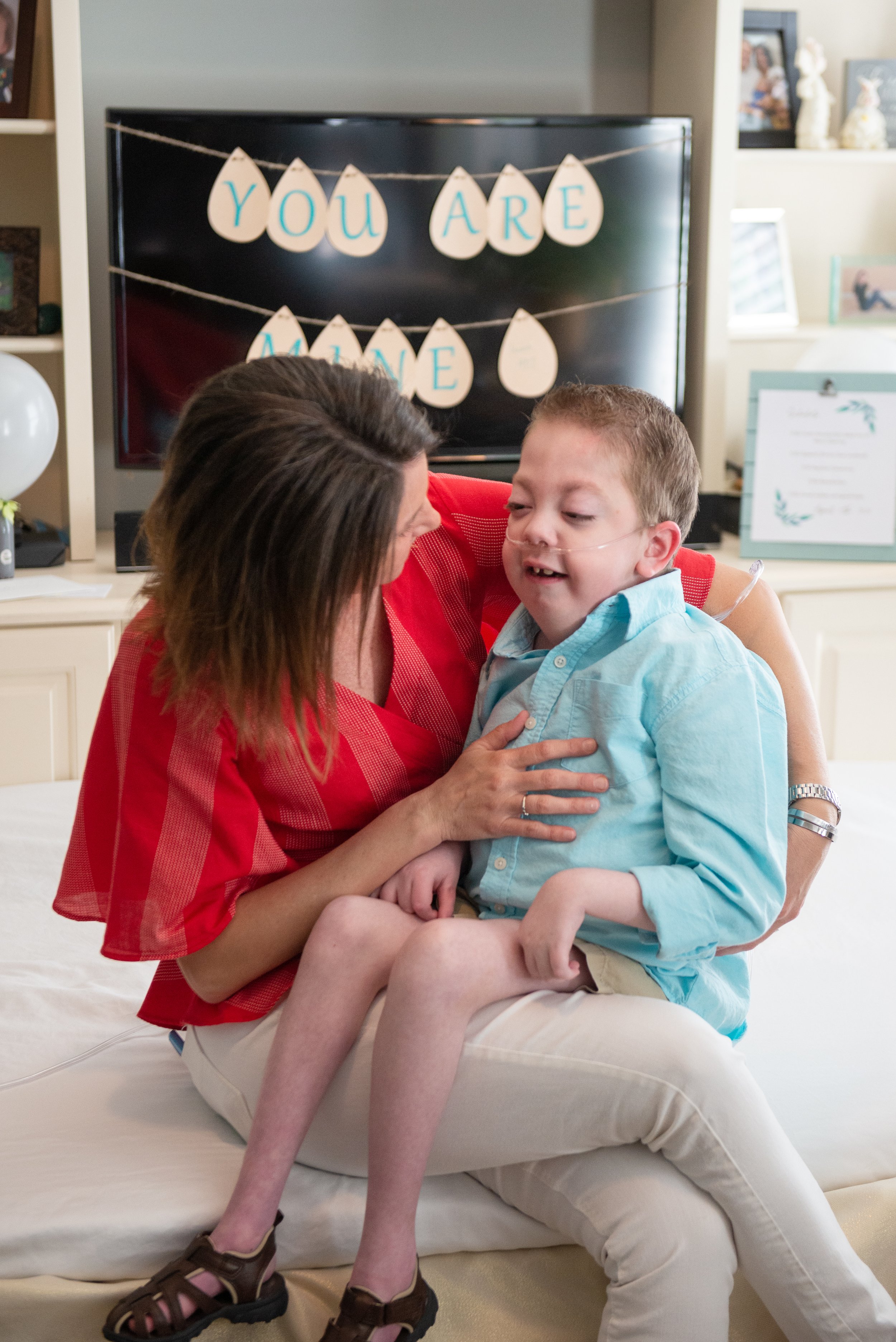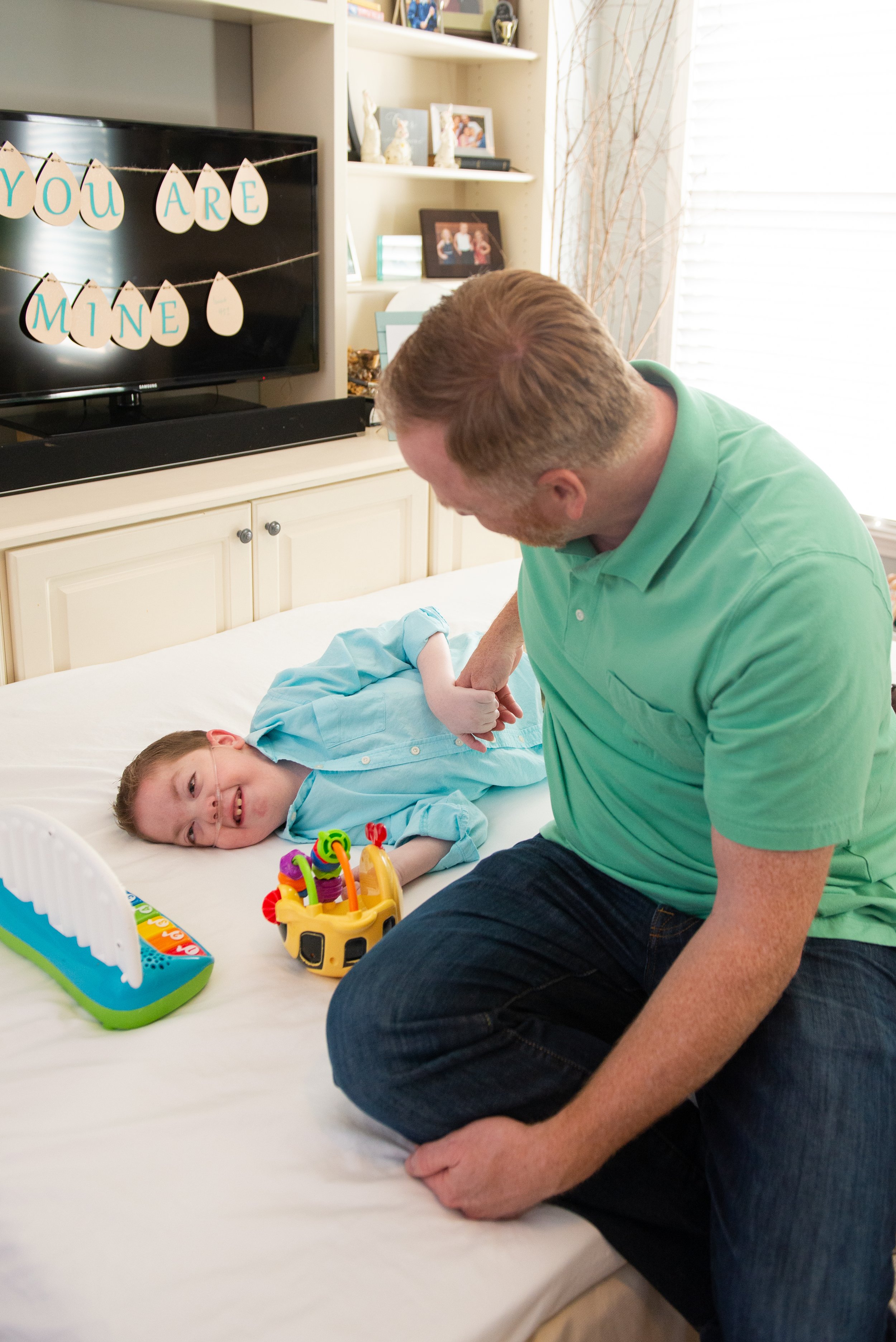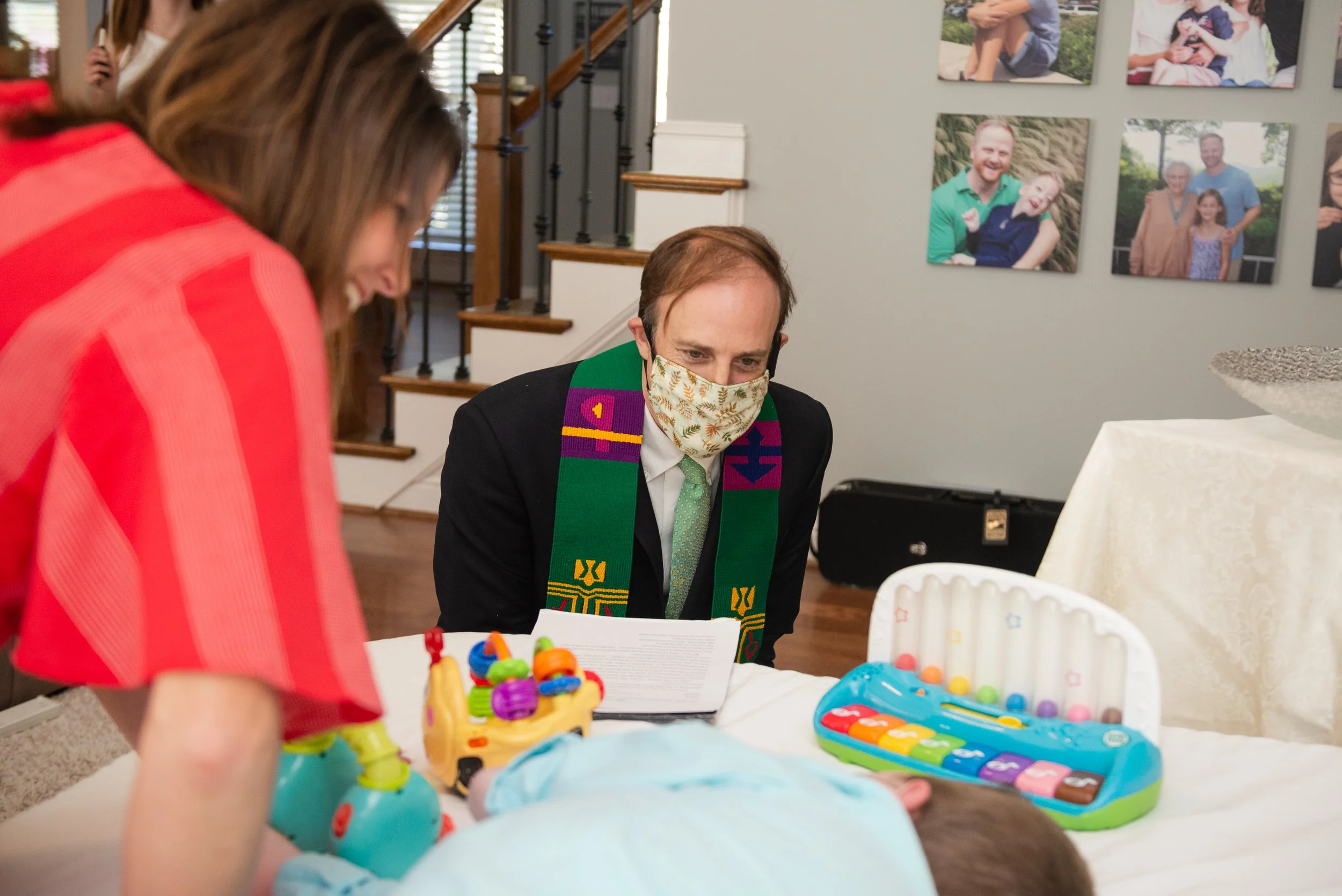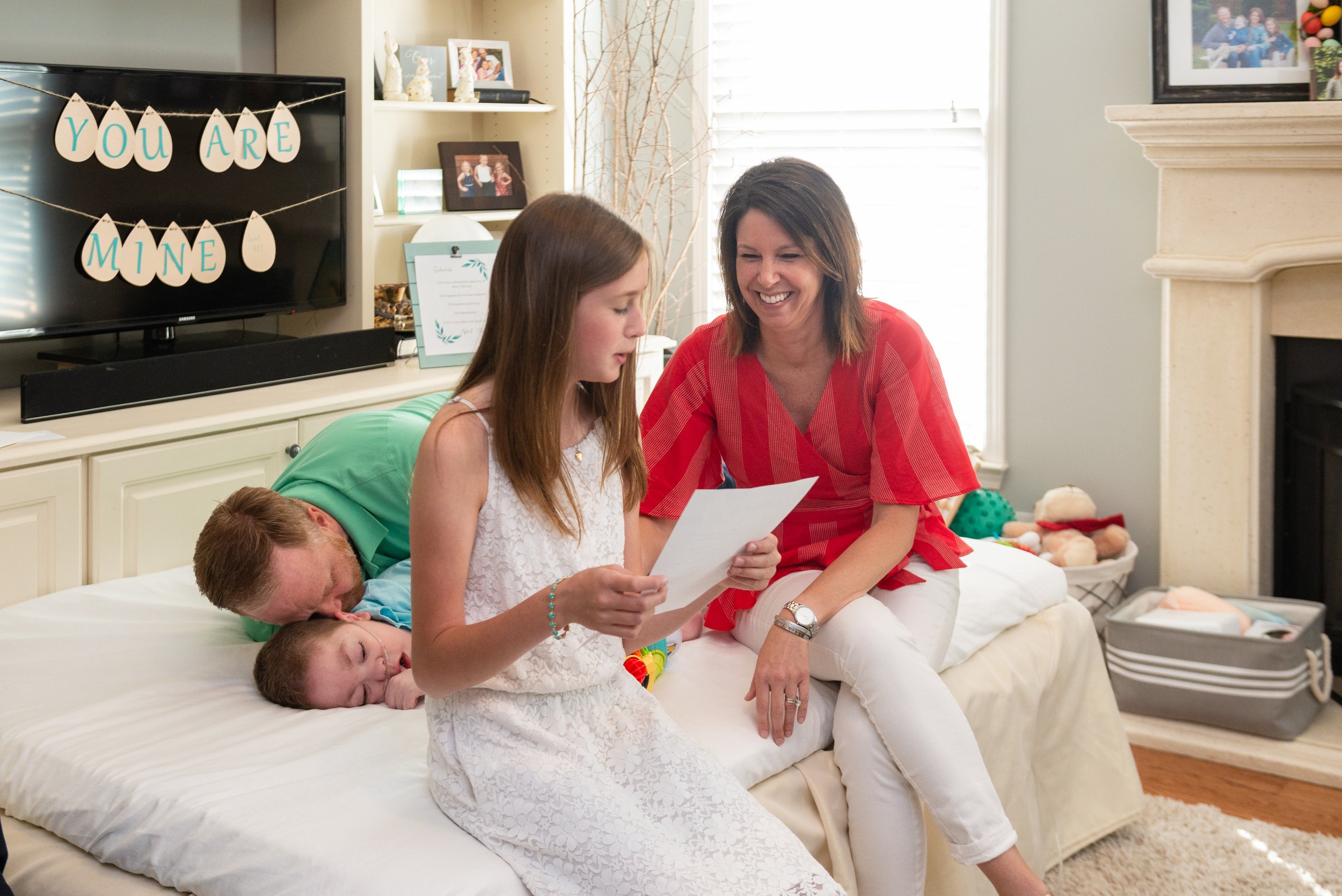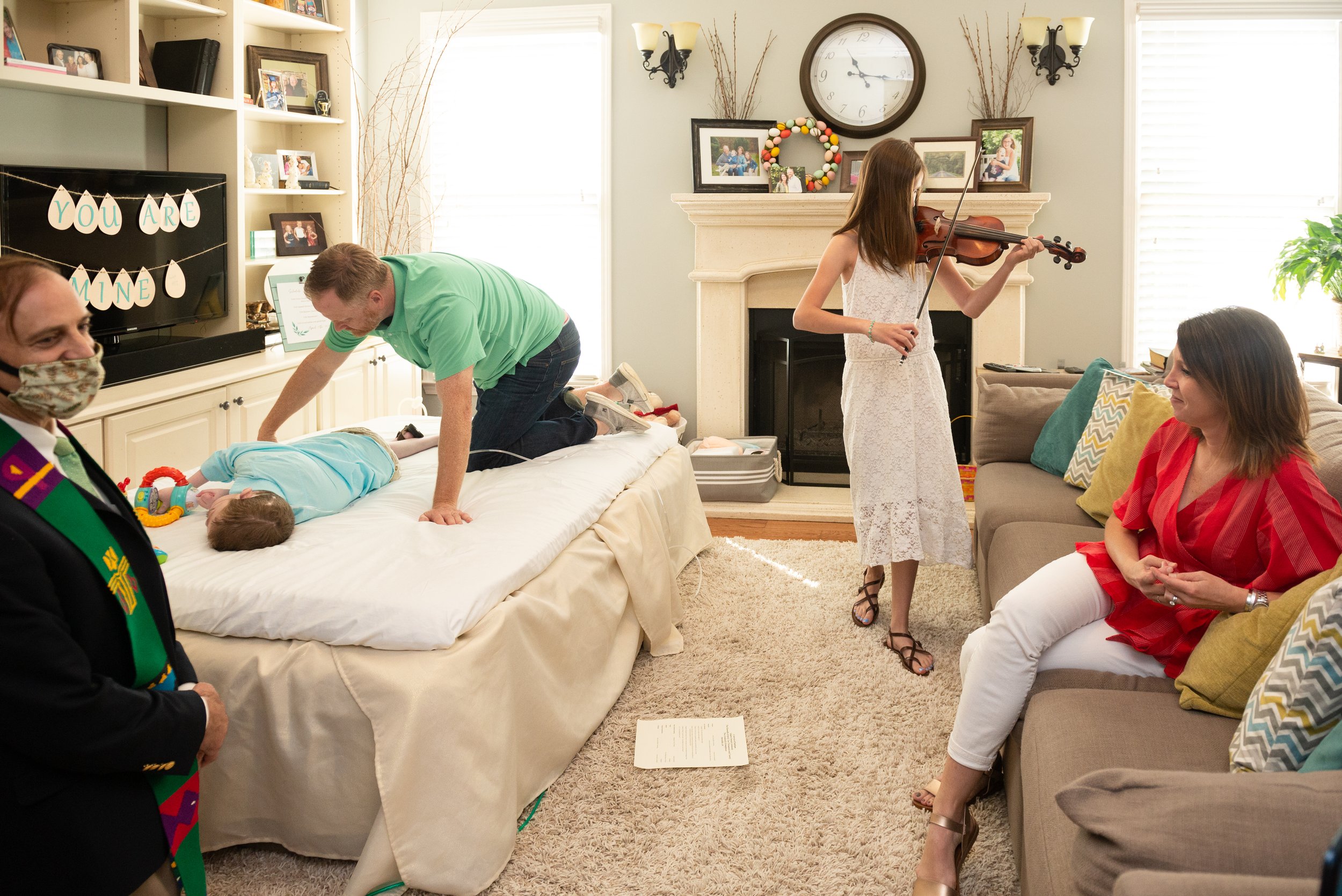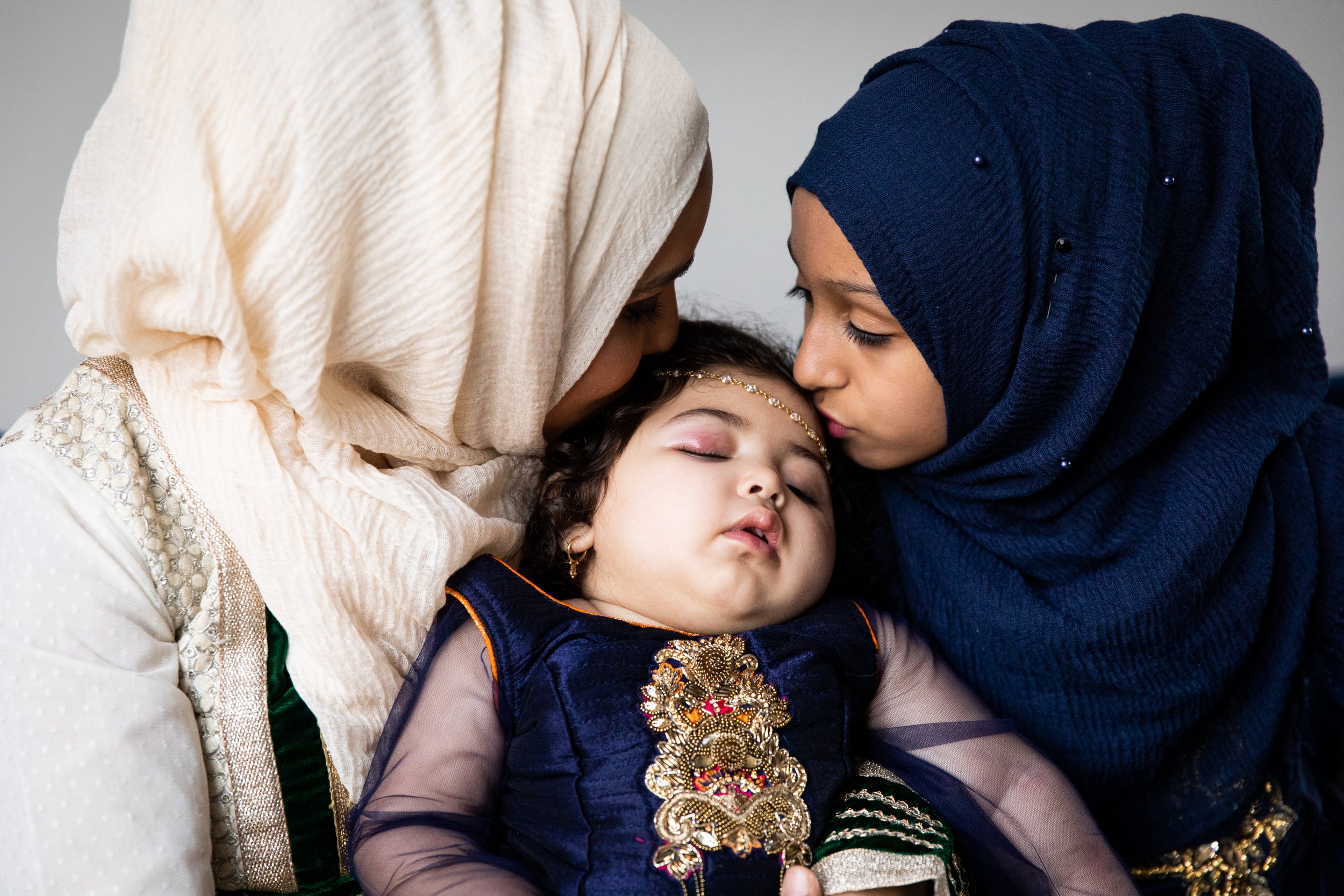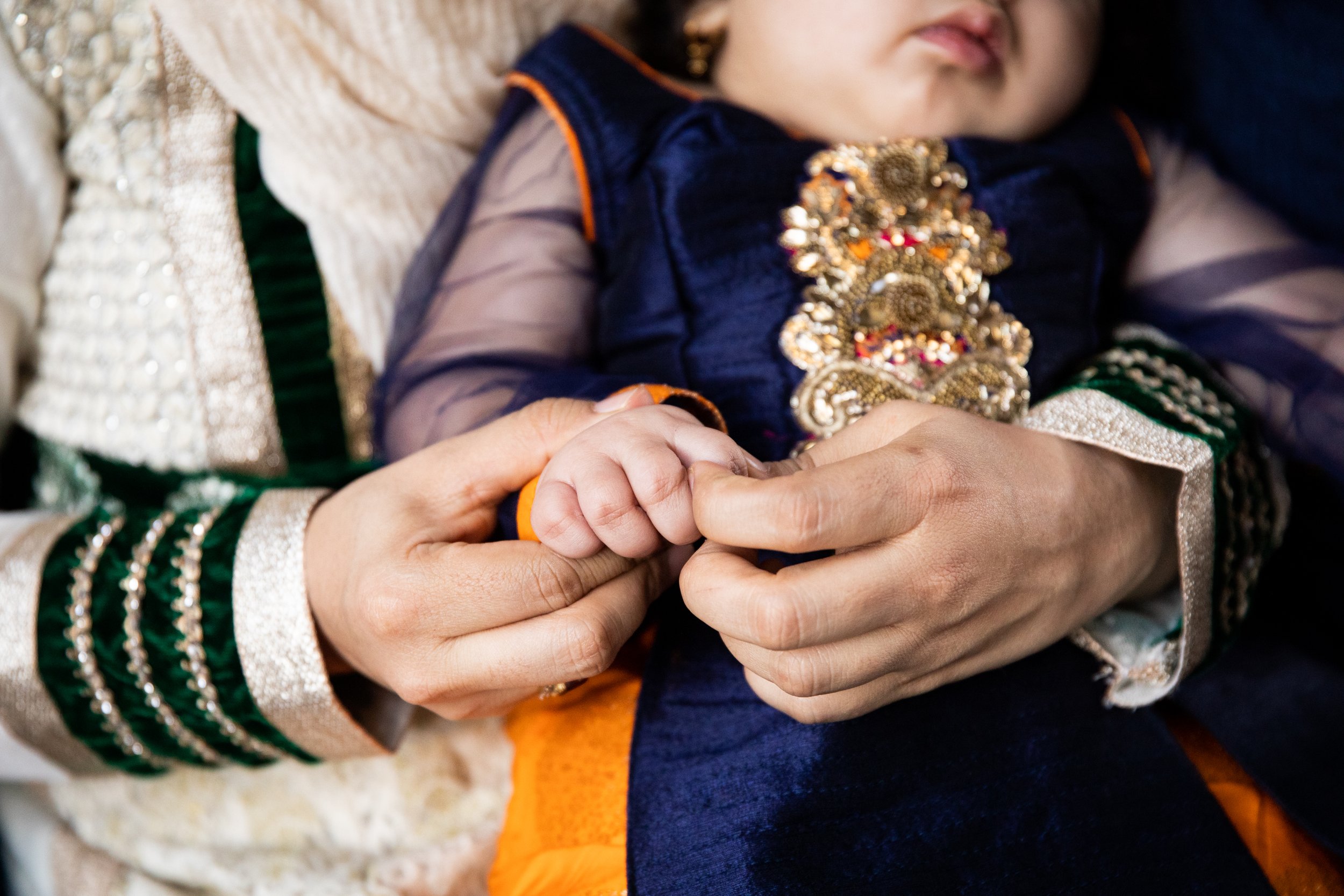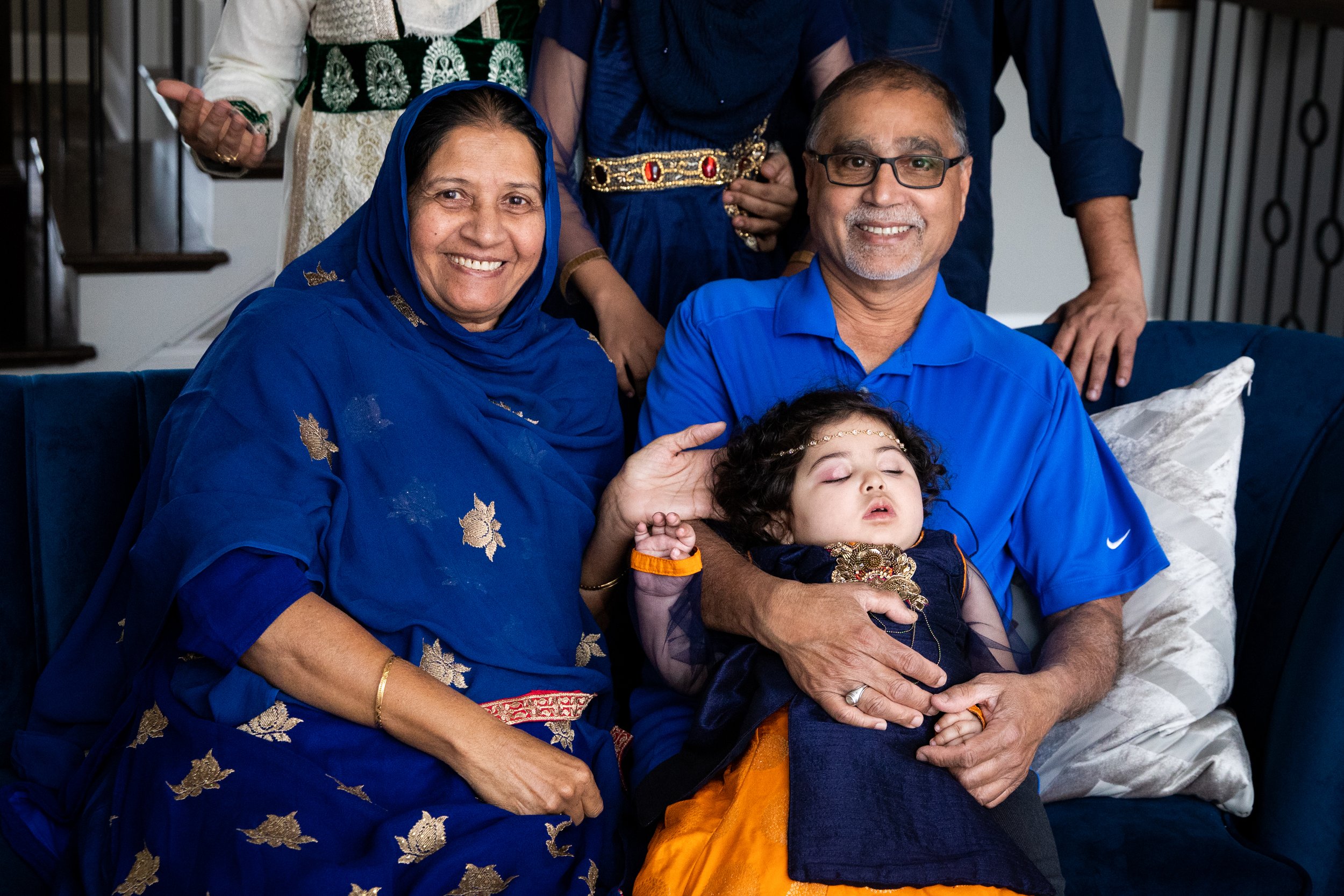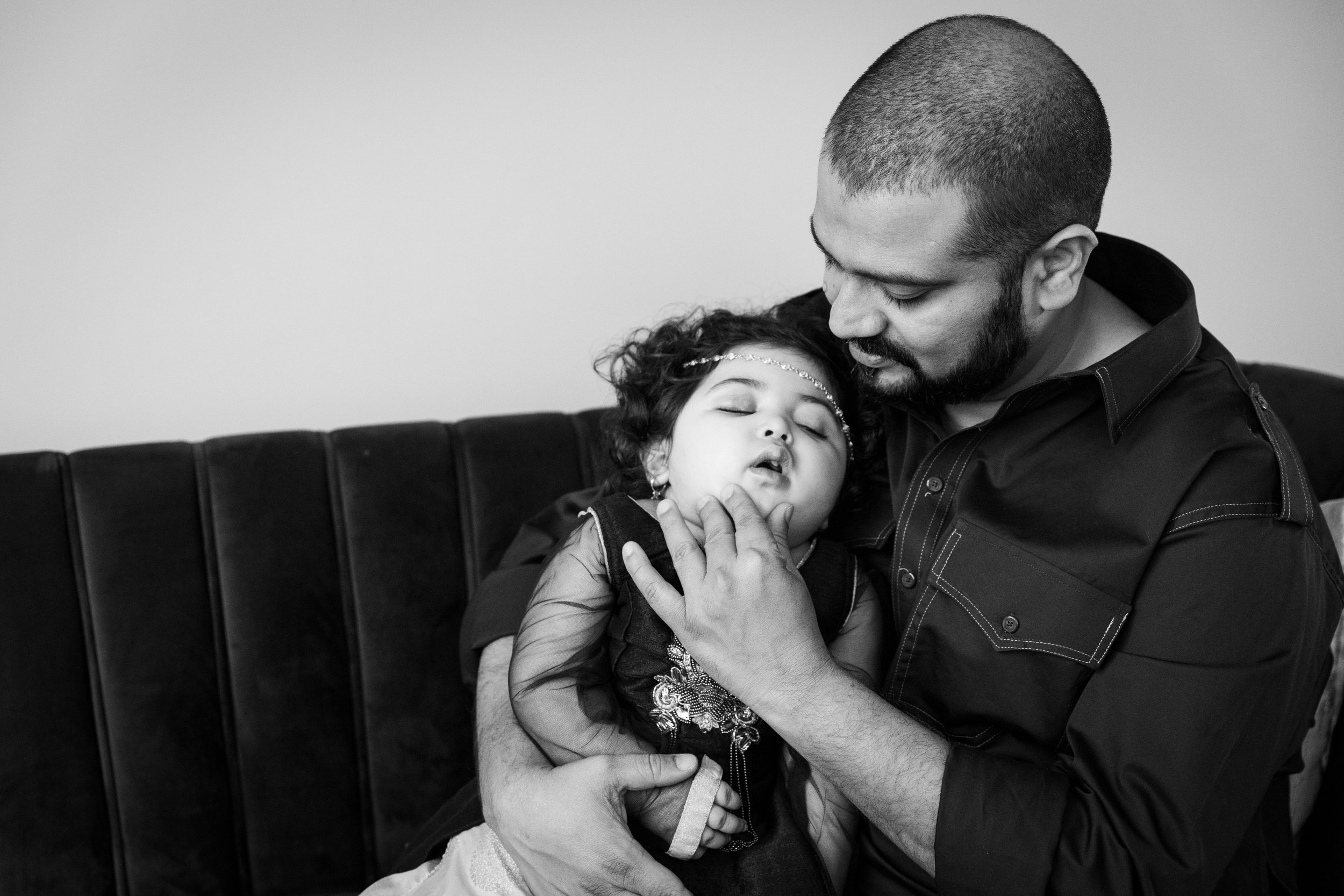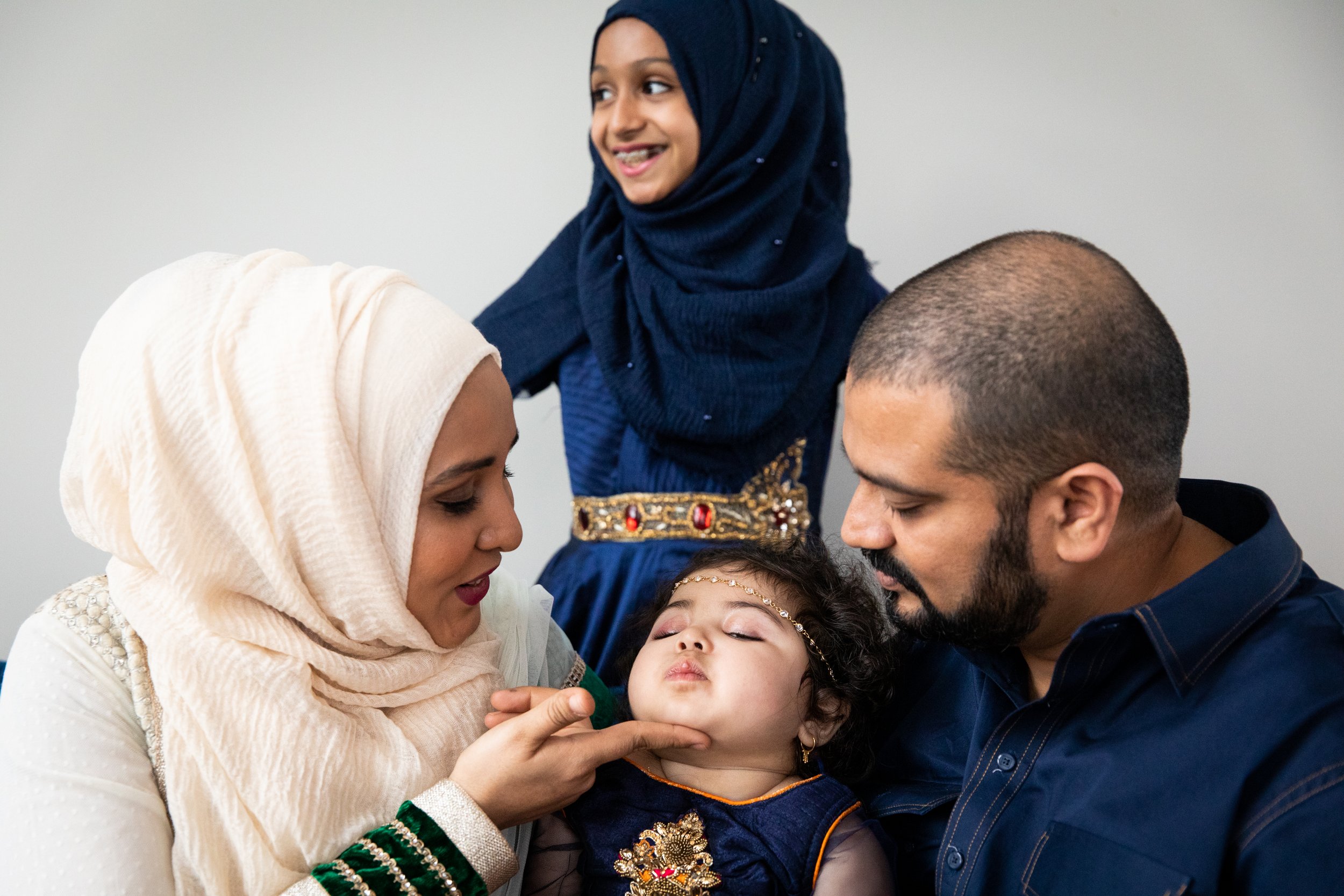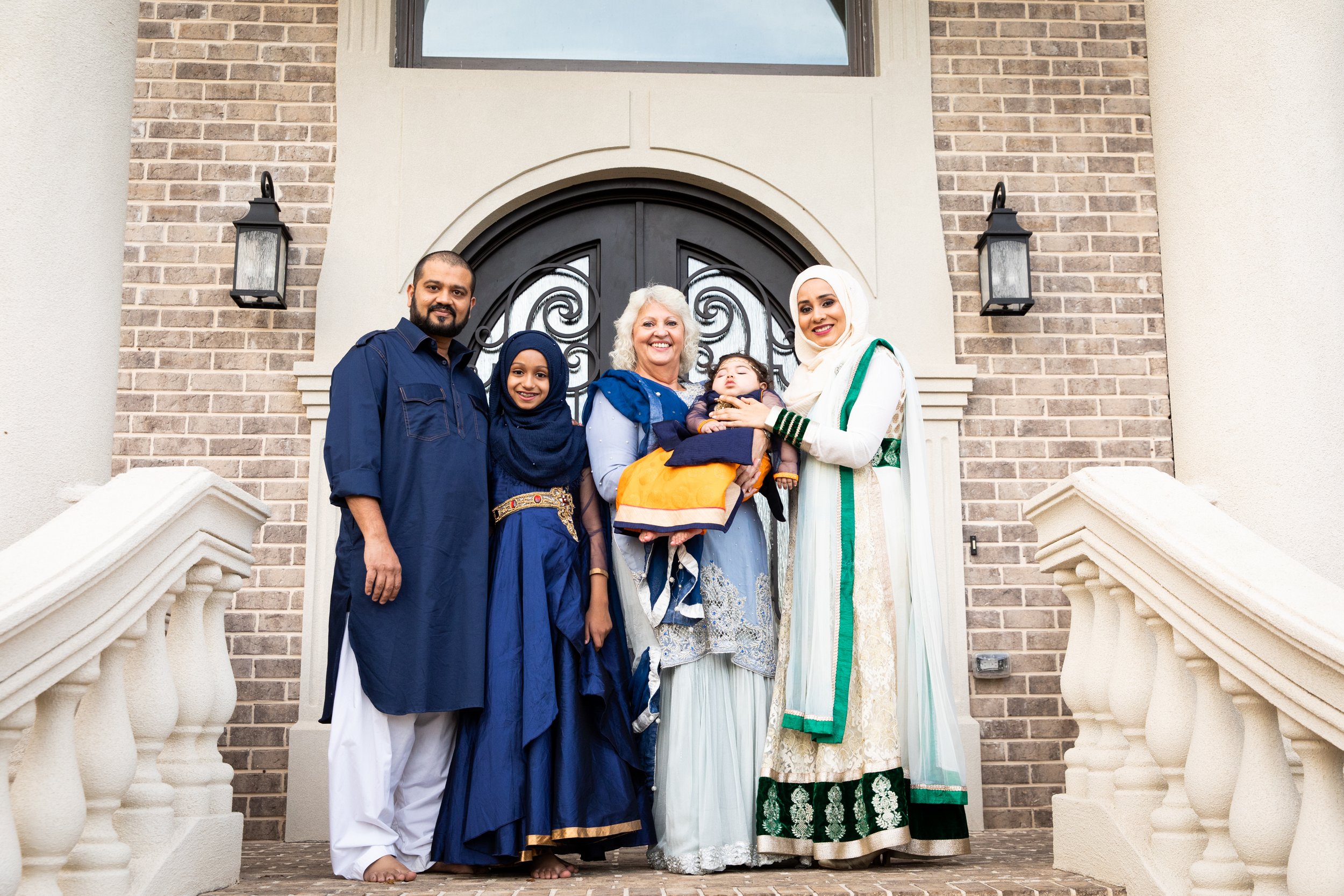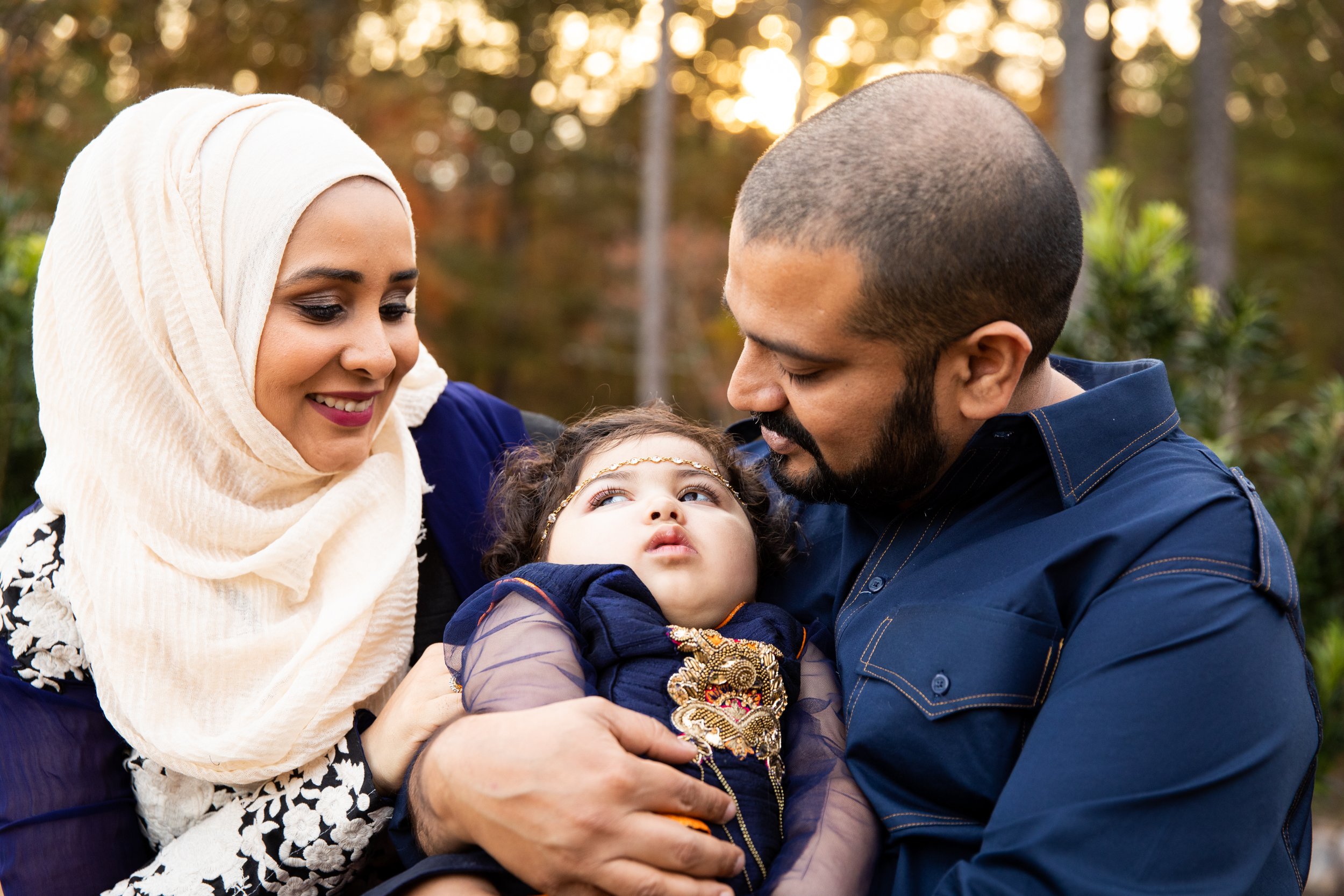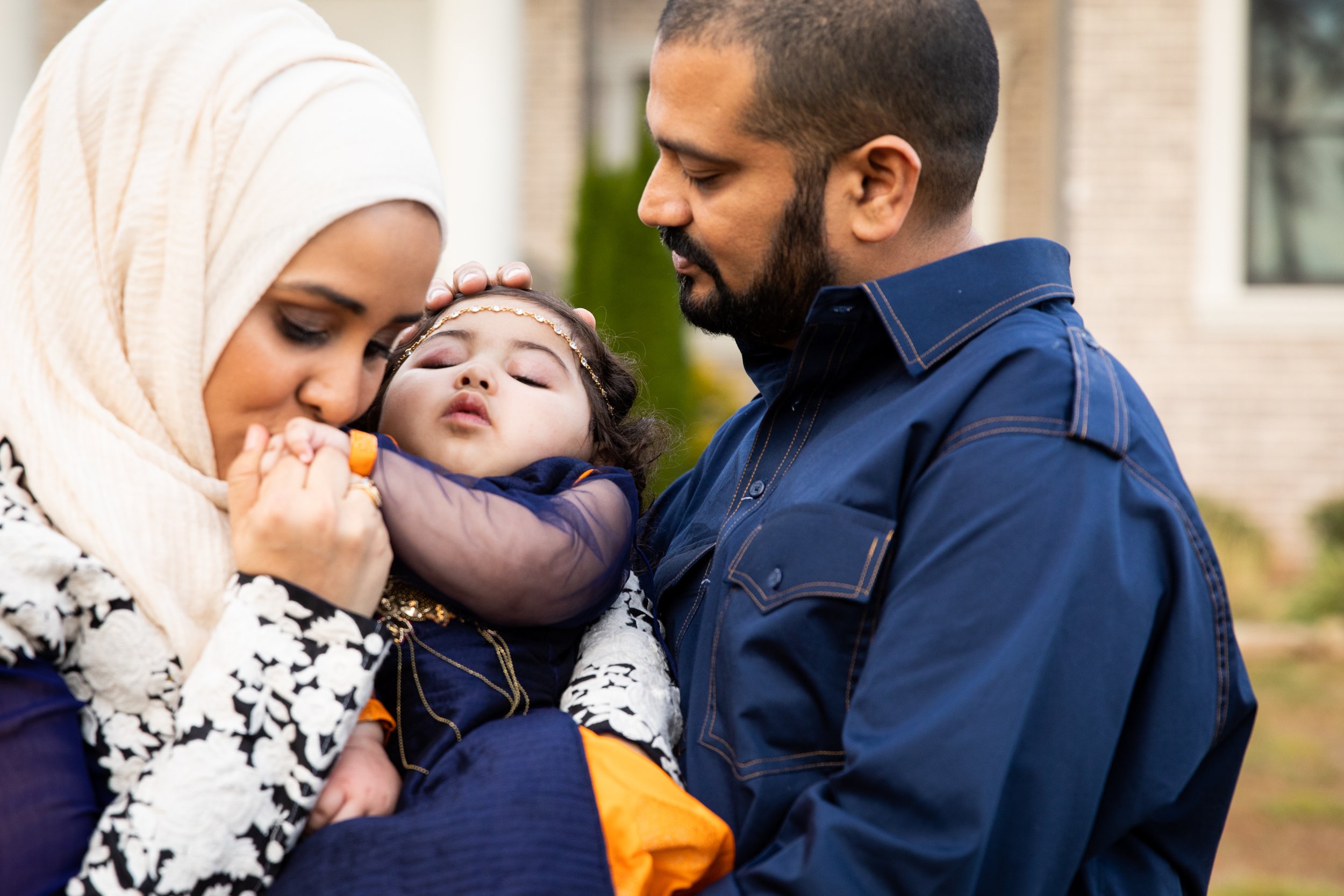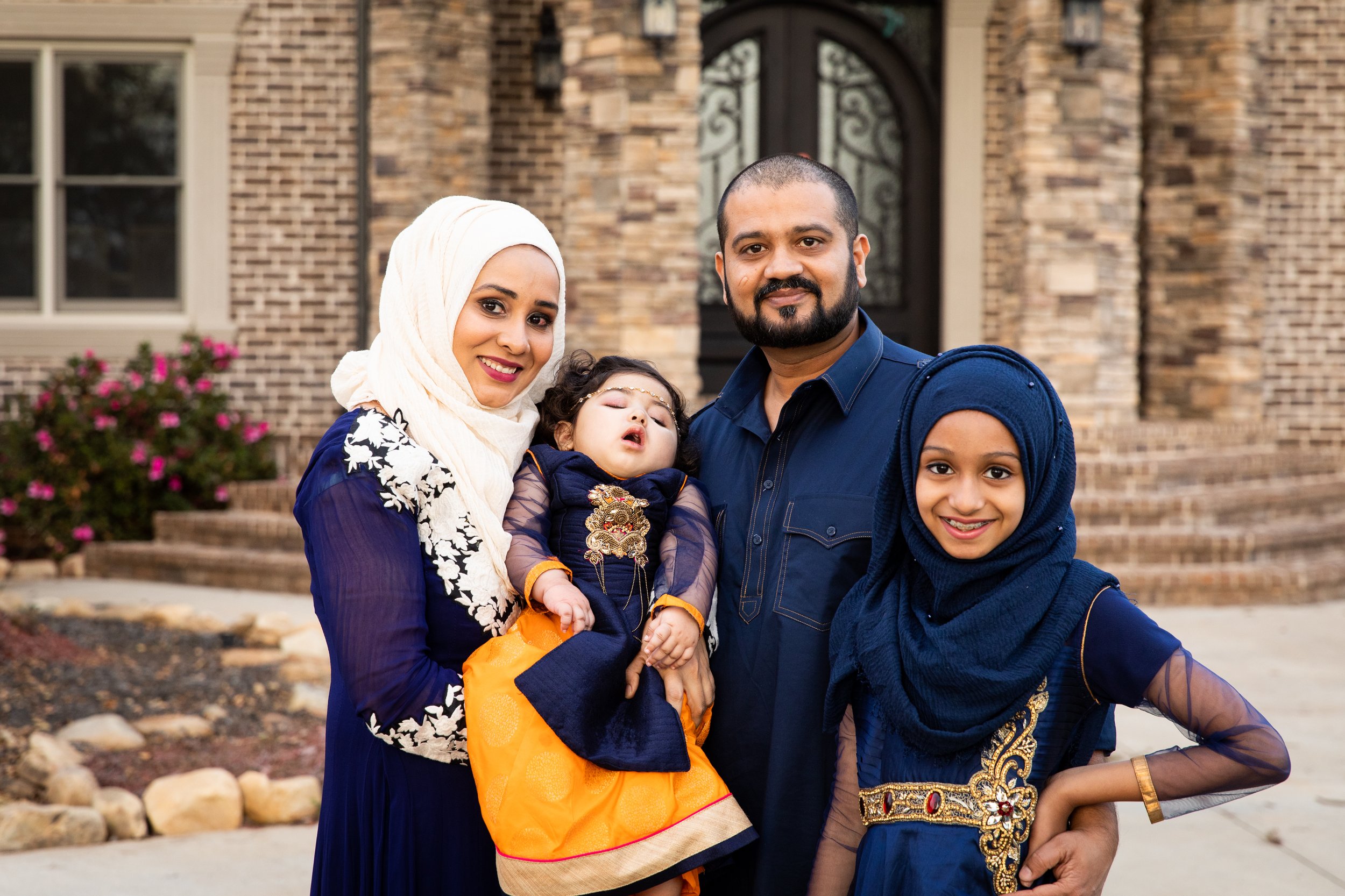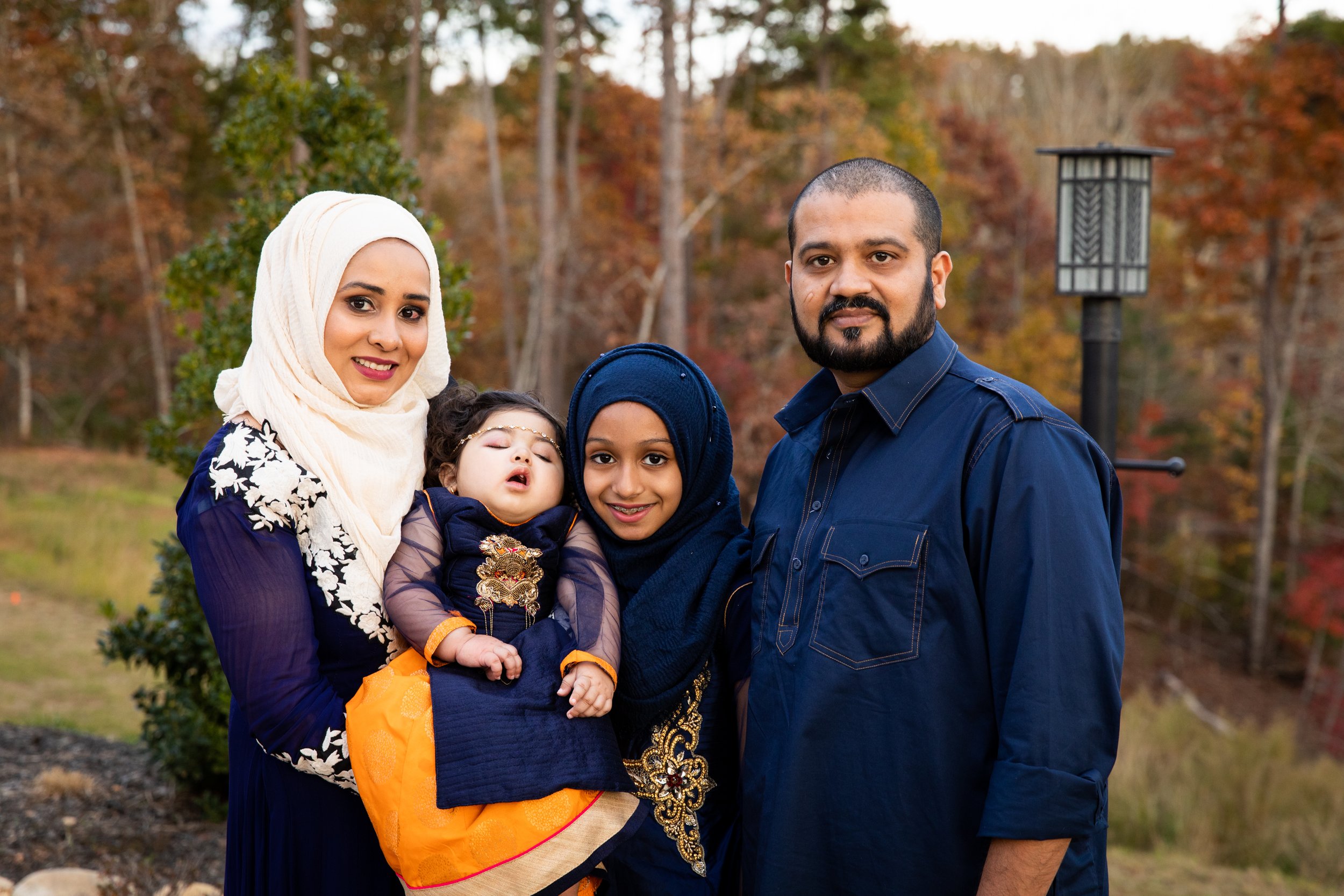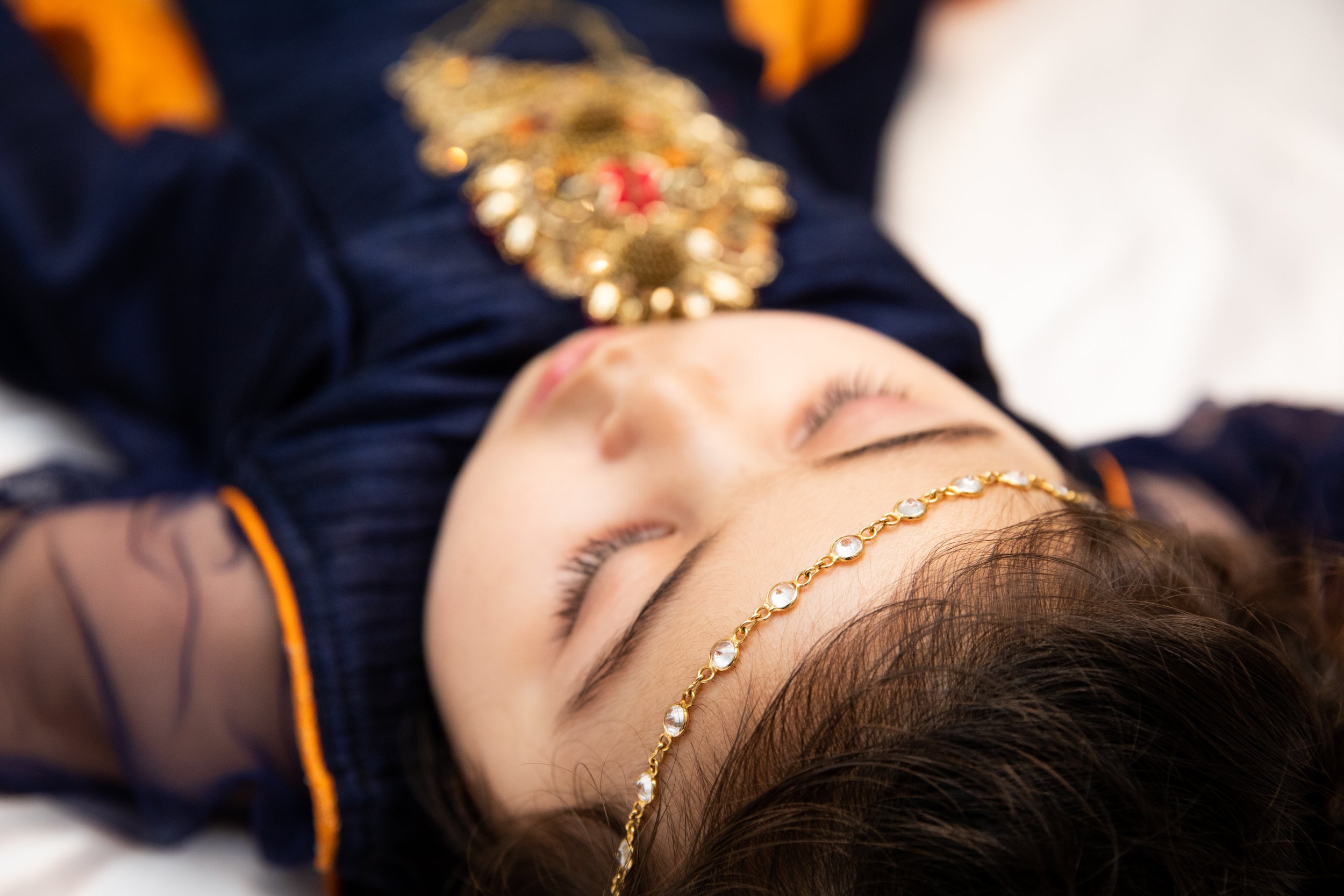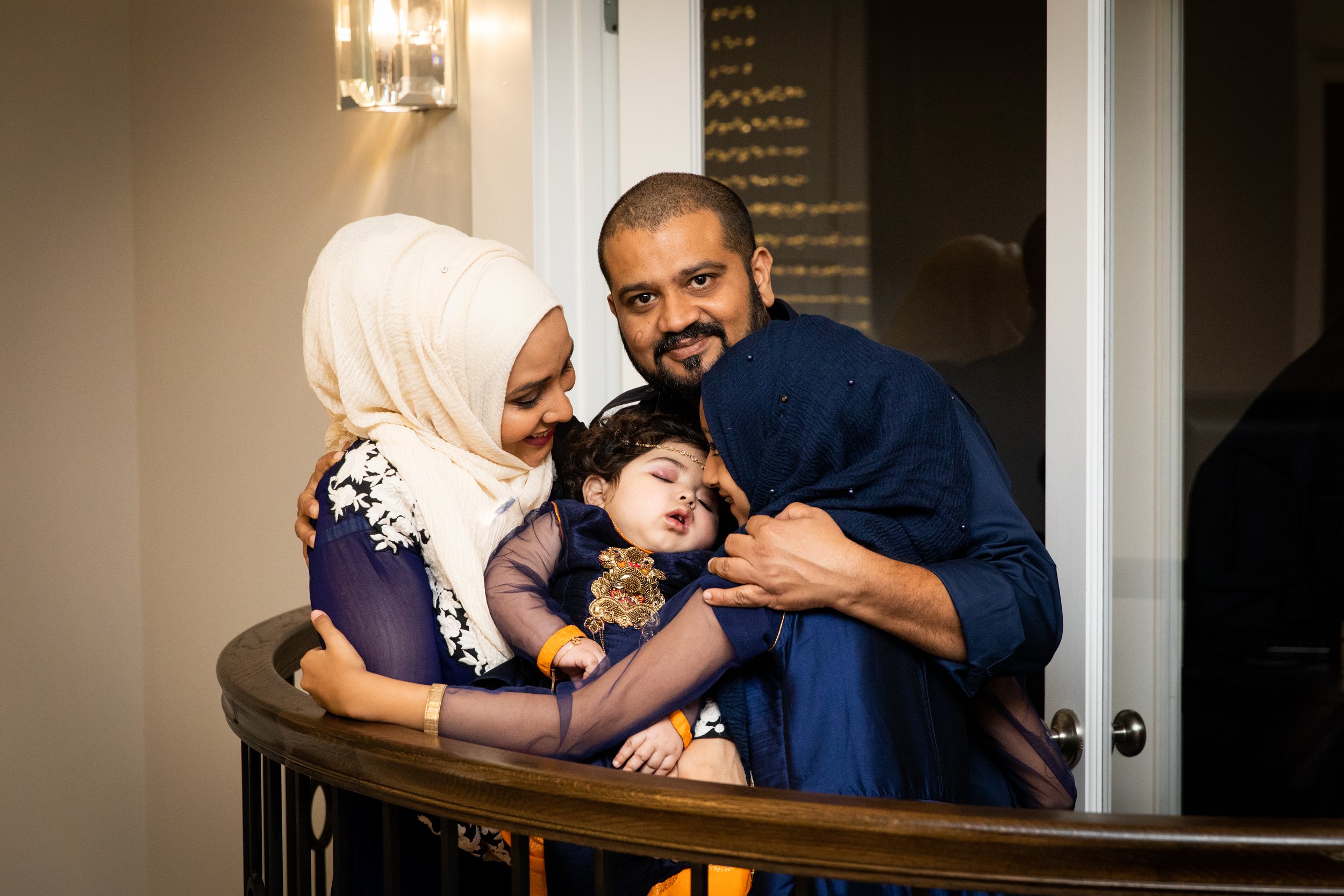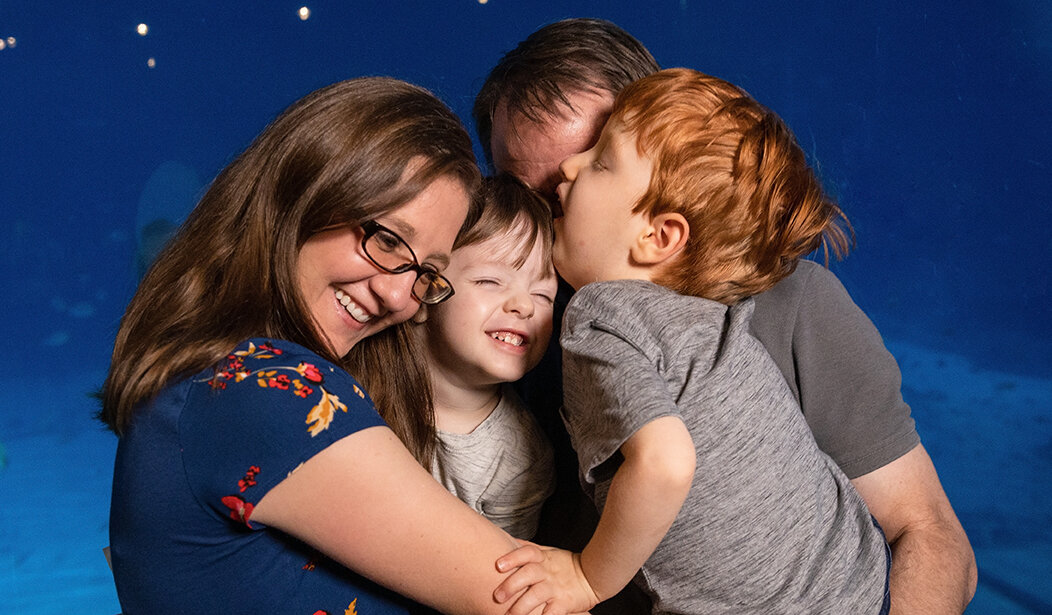In our last post, we shared the importance of healing when it comes to the trauma, deaths, and destruction caused to the black communities since they were forced to be enslaved and imprisoned in the founding and continued existence of the United States of America.
As a reminder: To heal, we must grieve. To grieve, we must feel. To feel, we must acknowledge and be present with the pain.
And to be present in the deep injustices of our country’s history is uncomfortable. There are so many systemic problems we can’t fix as individuals that may leave us feeling helpless, but we must focus on the healing work we CAN do. Nothing can change what has happened. Instead, we have to sit with it, let the pain be heard. We must listen, understand, and move through the pain in a way that honors it so we can heal.
So what honors the pain of death, injustice, destruction and racism?
To my brothers and sisters who have benefitted from the white system: I want to share what I’ve been learning and doing in the hope that I encourage your process of sitting in the pain and beginning the healing work:
Acknowledgement.
First and foremost, we must acknowledge there is pain and trauma that is driven by the color of our skin. It’s important to acknowledge that as an individual with white skin, we’ve been a part of a system that works for us – and often against people with skin seen as a color other than white. America’s history is full of injustice, murder, and loss. Fear has been used to maintain control. For those of us who were born into an "America" that we took pride in, this can be especially challenging to acknowledge. When we identify as an American, "where at least I know I am free," it is hard to have that identity tied to something you're not proud of... slavery, murder, a land that was stolen where people of color weren't free. We must choose love over pride and acknowledge our horrific past and the injustices that still continue today.
Relationship.
Fear comes from the unknown. If we have been taught that Black people are scary/threatening/dangerous but we don’t actually know a Black person, it can be easy to let fear keep us believing the lie the Black people are scary/threatening/dangerous. Growth, empathy, learning, culture, and love are just some of the benefits of having diversity in our lives. Oftentimes, we are surrounded by people who look, act, and think like us. We need to take inventory and see where we can intentionally choose differently to expand our perspective and relationships. If we are surrounded by people who are like us, ask the question why? Why is diversity lacking here (neighborhood/work/gym/etc)? Then ask what are things I can do to change that? How can we diversify the people we interact with? If you’re a parent, you have the ability to control the surroundings of your children when they’re young and continue shaping them as they get older. Little will change in our hearts until we truly love people who are different from us and hold them dear. How can we truly love others without being in proximity and relationship with them? Let’s choose love over fear in our relationships.
Safety.
We need to create safe spaces to listen to our brothers and sisters of color. Safety is key in healing from trauma. Safe means without fear – which is unique to each individual. Safety in communication can be setting clear expectations before starting, giving undivided attention, remaining calm, breathing deep when tension arises, pausing to collect thoughts to respond instead of react, keeping the goal of safe communication at the forefront of your mind, refrain from interrupting, respectfully disagreeing without attacking, watching your tone/body language/etc. And as we've seen lately, safety in physical presence is incredibly important too.
Listen to Understand.
Don’t interrupt. Don’t make it about you. Don’t dismiss pain. Listen to understand. This is true for any grief situation, and is true for racism too. We need to hear our brother and sisters of color when they tell us they’re tired. We need to hear them when they tell us they are traumatized by every new story that makes headlines where an innocent black man or woman has been killed… AGAIN. We need to understand why they are afraid to exist in white communities. We need to listen and feel their generational fear, pain, rage, grief and desperation with empathy and compassion. We need to listen to understand in a way their pain becomes our own.
Education.
Growing up in white majority schools, we may not have learned about the Haitian Revolution of 1791 or Nat Turner’s Revolt in 1831 or the Tulsa Massacre of 1921 or the Mississippi Burning Murders of 1964… We were likely taught about the civil war, significant court cases, Rosa Parks, Dr. MLK Jr.,as a lesson of the civil rights movement of the past – but now everything's okay. In addition to schools being biased toward the white narrative, the media has been the same. Although Oprah, Tiger Woods, Beyoncé, Denzel Washington, John Coltrane, Jackie Robinson, Michael Jordan, the Williams sisters, and many others made it mainstream in entertainment and sports, there was little to no attention for incredibly successful and notable black Americans like Shirley Chisholm, Xernona Clayton, Katherine Johnson, Guion Bluford Jr., Gwendolyn Brooks, Charles Drew, Zora Hurston, and countless others.
People of color’s voices and experiences should be front and center so we can see the world through their eyes. We need to expand our vision and learn how reality can be different than what we know to be our experience. This is our work to do. We can not rely on our Black friends or co-workers to educate us. As white people, we need to seek out books like White Fragility and How To Be An AntiRacist, blogs, podcasts, social media accounts, and other resources that already exist. We must do the work. And then continue to look at your own life for evaluation. What are you learning and who you are learning from? What are the things you need to unlearn? Where do you see racism in yourself, your home, your neighborhood, your community, your life?
Accountability.
Find a safe friend who is on a similar journey that you can struggle with. This is not easy. You may feel overwhelmed, tired, offended, confused, hurt, misunderstood, and a plethora of other feelings while you’re doing the work. Having a safe friend on a similar journey can make a huge difference in feeling stuck versus moving forward. We must keep going. Black lives and future lives depend on it.
Apologize and Act. .
When there’s been a wrong, an apology is often necessary. Not just a simple “I’m sorry” and moving on… This is a deep, heart-broken relational understanding of the pain and the desire to take ownership of change. My friend Kevin Jennings (link) taught me the anatomy of an apology is clarity, accountability, empathy, and humility when we ask for forgiveness. But the apology is just the start.
Love requires action. We’ve sat by while racist leaders have continued to make policies, laws, and systems that keep working in their favor and against people of color. We need to vote in the local elections, not just the national ones. We need to call the leaders of our cities and the cities where the injustices are happening to share our voice. We can call the DA’s office. Sign petitions. Donate to causes who are working on real change in the system and fighting for innocent black people everywhere. Build relationships. Educate yourself. Listen and act. Keep doing the work to create change.
Revolutions are a long-term vision. We at Love Not Lost are on a mission to revolutionize the way we show up and heal in grief, – therefore, we believe that anti-racism is a critical part of this healing revolution. The system has a gaping wound that needs healing. We need to weave the safety, understanding, and action into the fabric of our lives to create a new America - one that works for every color that we can be proud of.
This is not a sprint. Keep doing your research. Keep voting. Keep taking care of yourself. Keep adding black leaders and influencers into your consumption of media. Keep listening to and checking on your friends of color. Keep supporting their businesses. Keep being intentional about breaking down your own racism that comes as a part of living in America. Keep creating safe and loving environments. Keep having the hard conversations.
And Finally,
Keep Choosing Love Over Fear.
This is a core value to Love Not Lost and it’s something we believe deeply: every decision comes down to love or fear. Which will you choose? Racism is fear. Anger is fear. We can choose how we live in every moment - choosing love over fear. This is our time to build the future that lifts everyone. One that is centered around love, safety, and equal opportunity for all.
It is going to take every person reading this to do the work. Share it. Be a part of building a better future - one where our brothers and sisters of color can leave their house without fear, where they can rest, where they can be successful, where they can watch their kids grow up to have loving, full lives. Choose love over fear.
This is what it looks like to heal. Please join us in the revolution.
